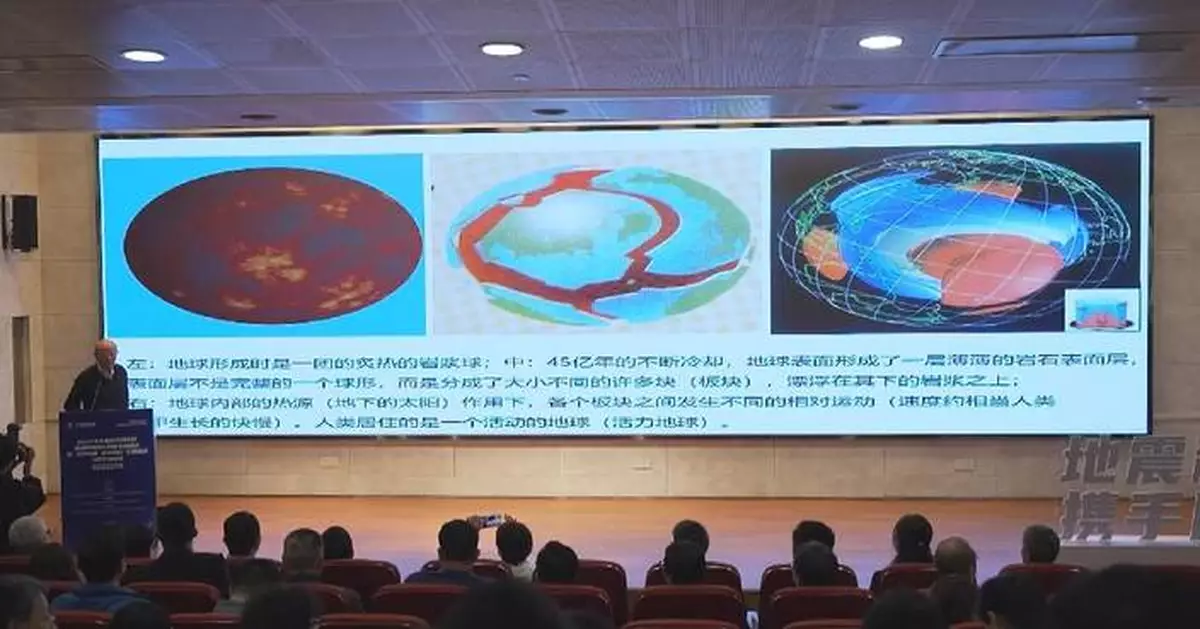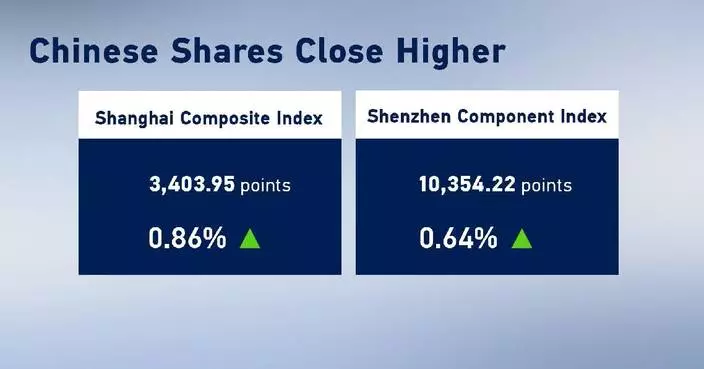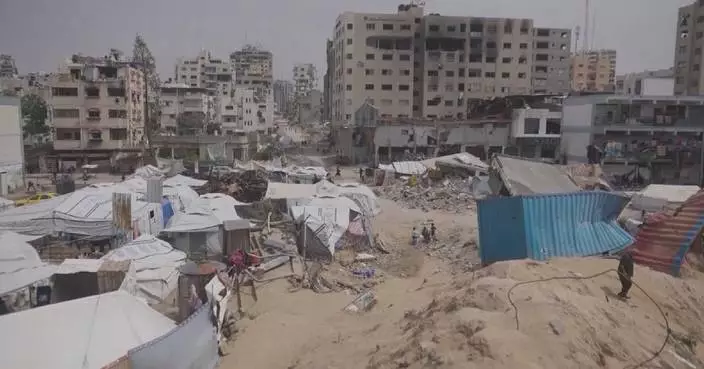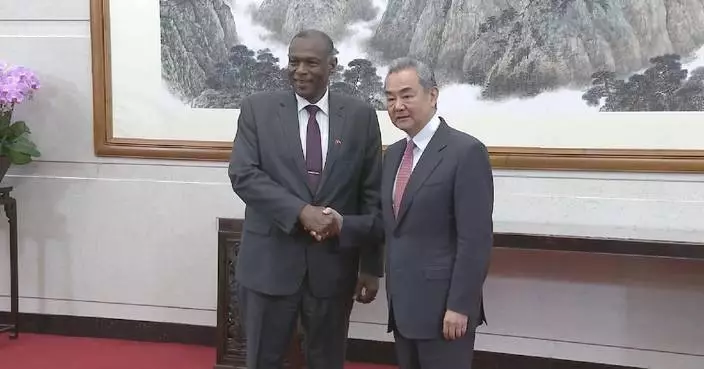From lectures to drills, a series of earthquake preparedness activities were held across China on Sunday, as May 12 marks the National Disaster Prevention and Reduction Day, which commemorates the 2008 Wenchuan earthquake that left more than 80,000 people dead or missing in the southwestern province of Sichuan.
The day was established in 2009 to raise public awareness about disaster prevention and to increase knowledge and skills to enable survivors to better cope with during and after disasters, according to China National Commission for Disaster Reduction.
On Sunday, the first National Earthquake Prevention and Disaster Reduction Science Popularization Home Event, which is organized by the China Earthquake Administration (CEA), is held in Ningbo City, east China's Zhejiang Province.
During the event, four well-known experts including Chen Yong, an academician of the Chinese Academy of Sciences and a geophysicist, delivered speeches from different perspectives such as Earth science, rural earthquake resistance, massive earthquake and disaster prevention, and earthquake early warning. Meanwhile, the lectures are webcast live, presenting the knowledge to a wider group of people.
"When a massive earthquake strikes, people got very short time - a few seconds, at most one minute (to escape). People must have enough knowledge, skills and training to instinctively choose the safest and most reasonable ways to avoid earthquake hazards," said Gao Mengtan, an expert from the Institute of Geophysics under the China Earthquake Administration (CEA).
Similar themed activities including lectures, exhibitions, book donations are slated to be held nationwide to raise public awareness about earthquake prevention and to increase knowledge and skills to enable survivors to better cope with during and after the disaster.
Mianyang City in southwest China's Sichuan Province carried out an emergency drill to test helicopters and drones' response to an earthquake.
Schools across the country also organized earthquake drills. In Ya'an City, southwest China's Sichuan Province, firefighters taught students how to use earthquake rescue equipment such as life detectors and hydraulic demolition crusher.

Emergency authorities across China hold various activities to enhance public capabilities surviving earthquake



















































